How to prevent obesity in cats and promote a healthy weight?
Do you have a furry feline friend who loves to indulge in treats and couch potato lounging? While it may seem cute at first, excess weight can be detrimental to your cat’s health – leading to various illnesses and decreased lifespan.
As responsible pet owners, it’s crucial that we take action towards preventing obesity in our cats and encourage healthy habits. In this blog post, we’ll discuss practical tips on keeping your kitty in tip-top shape, from portion control to exercise ideas. Get ready to learn how you can promote a happier and healthier lifestyle for your beloved furball!
Obesity in cats
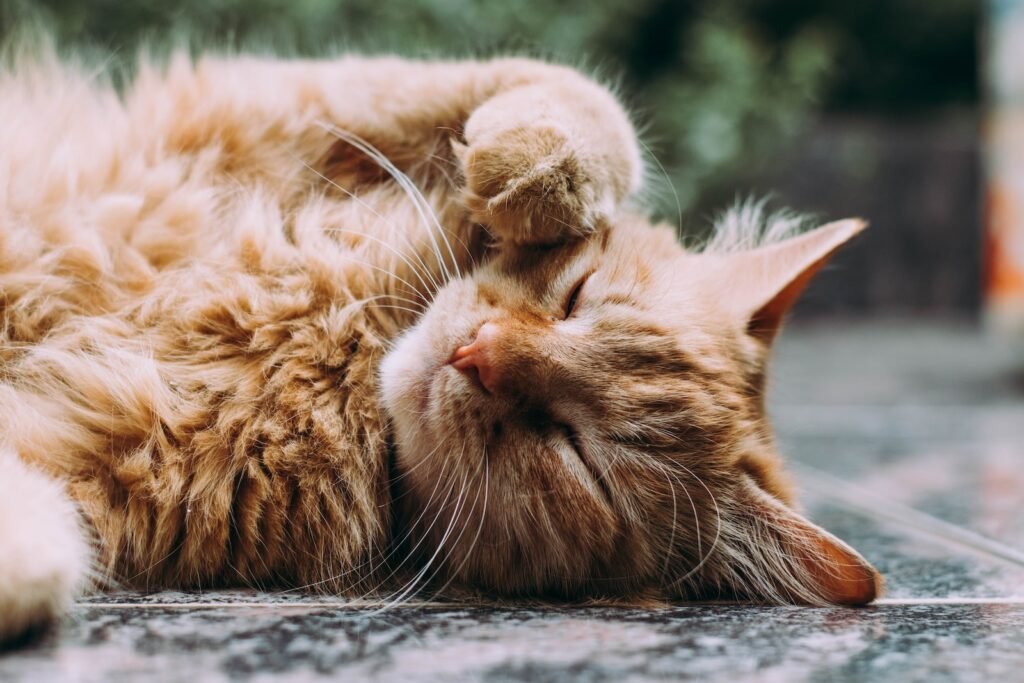
It is no secret that obesity is becoming increasingly common in cats across the globe. According to a study by the University of California, San Francisco, nearly a third (30 percent) of cats are obese or overweight. This epidemic has serious health consequences not just for the cats themselves but also for their owners.
Obesity in cats can lead to a number of serious health problems, including heart disease, type II diabetes, arthritis, and cancer. In addition, obesity can greatly increase the risk of early death in cats.
There are many ways to prevent obesity in cats and promote a healthy weight.
Here are a few tips:
1] Feed your cat the right amount of food. Too much food can be as harmful to your cat as not enough food. Feed your cat only what he or she needs to maintain a healthy weight and avoid overfeeding.
2] Give your cat plenty of exercise. Exercise not only helps keep your cat slim; it also reduces stress levels and promotes good mental health . A vigorous daily walk or playtime will do the trick!
3] Limit screen time for your cat . Cats who spend too much time glued to screens (TVs, computers, etc.) are more likely to be obese because they tend to eat more calories and get less exercise . Space out screen time for your feline friend by setting strict rules about how much each day and putting screen covers on all electronic devices when they’re not being used.
Causes of obesity in cats
There are a variety of reasons why cats may be obese.
Some common causes of obesity in cats include:
- eating too much food
- not being active enough
- genetics
- a health condition (such as feline diabetes)
How to prevent obesity in cats
Obesity is a major health problem in cats, and can lead to serious health problems such as diabetes, heart disease, and stroke. There are a number of ways to prevent obesity in cats, and promote a healthy weight.
One way to prevent obesity in cats is to feed them a balanced diet. Make sure that the cat’s food contains enough protein, complex carbohydrates, and fiber. A high-fat diet can also lead to obesity in cats. Make sure that the cat’s food contains no added sugar or artificial flavors.
Another way to prevent obesity in cats is to exercise them regularly. Cats who get regular exercise tend to have lower rates of obesity and other health problems. aerobic activity (such as running and playing fetch), resistance activity (lifting weights), and playtime together are all good exercises for your cat.
If you think your cat is overweight, there are some steps you can take to assess their weight and help them lose weight if necessary: take your cat’s height and weight into account when feeding them; watch their body condition score (BCS) which will indicate how healthy your cat looks overall; give them lots of fresh water; provide plenty of toys that they can play with energetically; avoid overfeeding them – give them small meals several times a day rather than one large meal; avoid giving your cat table scraps or food that has been sitting out – these foods may contain unhealthy fats calories; keep their environment clean and comfortable by providing plenty of fresh air and sunshine.
Tips for promoting a healthy weight in cats
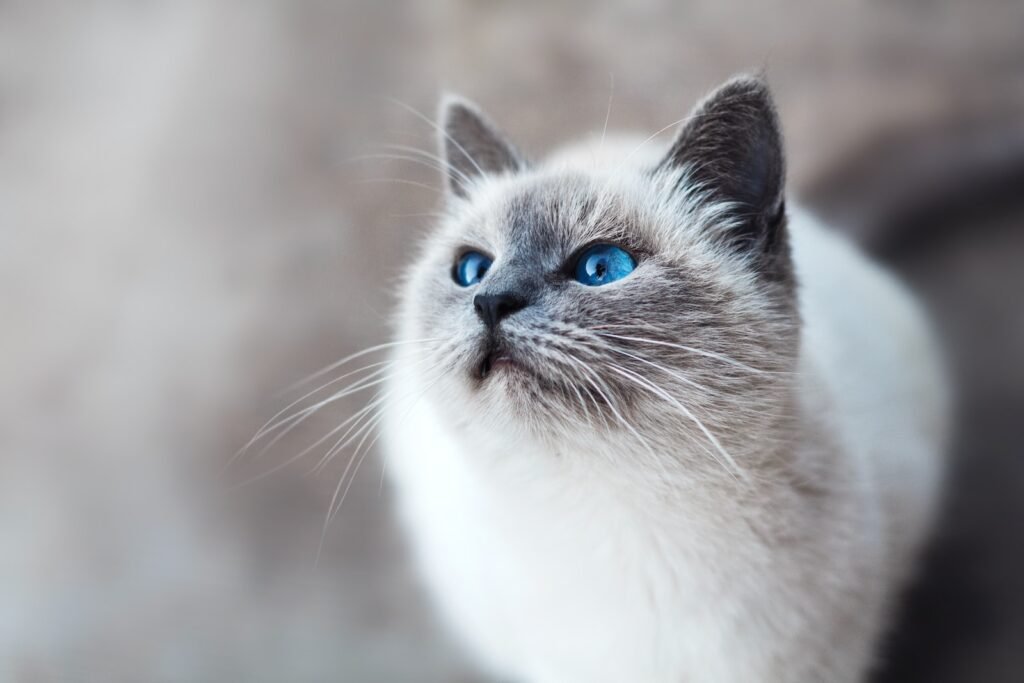
Do you want to help your cat maintain a healthy weight, but you don’t know where to start? Check out these tips:
- Make sure your cat has plenty of exercise. A feline friend who is constantly on the move is less likely to be overweight. Provide a few indoor play options and outdoor roaming opportunities each day.
- Feed your cat the right food. A healthy diet that promotes weight control includes lean protein, fresh fruits and vegetables, and small amounts of grain. Avoid foods high in fat and sugar.
- Monitor your cat’s weight regularly. If your cat starts to gain weight or exhibit other signs of obesity, contact your veterinarian for further advice.
Causes of Obesity in Cats
Obesity in cats is a big problem, and it’s not just because they tend to be overweight. Obesity can lead to health problems including high blood pressure, heart disease, stroke, diabetes mellitus, and some types of cancer.
There are a lot of reasons why cats become overweight, but the main culprits are often food and physical activity. Unfortunately, many of the same things that cause obesity in people also contribute to obesity in cats. A sedentary lifestyle is one of the biggest contributors, as is feeding them too much food.
To prevent obesity in your cat, you need to start by making sure they’re getting enough exercise. A combination of walking and running around on a daily basis will do the trick. If your cat loves to play outdoors, make sure they have plenty of opportunities for Activities such as chasing moving objects or playing fetch with a durable ball that won’t get destroyed easily.
If you feed your cat canned or dry food only (no kibble), make sure it doesn’t have too many calories or sugar packed inside. Feeding them a small amount twice a day instead of one large meal will help control their caloric intake as well. And finally,don’t forget about water – offer them plenty of fresh water throughout the day to help keep them hydrated and reduce the risk for weight gain.
Tips for Feeding Your Cat a Healthy Diet
Keeping your cat on a healthy diet is key to preventing obesity in cats. A high-quality diet will provide them with the necessary nutrients and proteins they need to stay active and healthy. Feeding your cat raw or cooked meat, fresh vegetables, and small amounts of wet food as their staple diet can help keep them slim and healthy.
Additionally, try to limit treats to once every two or three days and offer these instead as part of their regular meal routine. Avoid feeding your cat processed foods or sugary drinks, which can lead to weight gain and other health problems.
Harmful Foods to Avoid for Your Cat
There are a few items to avoid when feeding your cat, as these can have harmful consequences. A big one is processed food – these often contain added sugars and fats, which will make your cat overweight or obese.
Another bad food to avoid is rawhide – this can be dangerous because it contains a high dose of phosphorus, which can lead to kidney disease. If you do give your cat human-style food, make sure that the bulk of their diet comes from fresh foods rather than processed ones.
In addition to these foods, make sure that your cat has access to fresh water and a litter box.
Conclusion
As cats become increasingly sedentary and overweight, it becomes more important than ever to prevent obesity in our feline friends. Obesity can lead to a number of health problems, including heart disease, diabetes, arthritis, depression, and even cancer. If you want to keep your cat healthy and fit for years to come, read on for our tips on how to promote a healthy weight in cats.
Behave responsibly when feeding your cat; never overfeed them. Give them Plenty of Activity: Make sure you give your cat plenty of activity – playing fetch, chasing laser pointers or other toys, engaging in supervised exercise (like taking them for walks or providing access to outside playtime), etc.
Limit Their Screen Time: Cats are natural climbers but watch what they watch! Too much TV or computer use can lead to overweight kitties who spend too many hours sitting around inactive. Promote Pre-Natural Feeding Habits: Imagine trying to eat a bacon wrapped date as opposed to one that’s been soaked overnight in water and has nutrients evenly dispersed throughout its circumference?
The latter would be more beneficial for the average cat’s diet anyway because pre-packaged foods contain added sugar which is harmful both physiologically and behaviorally speaking.

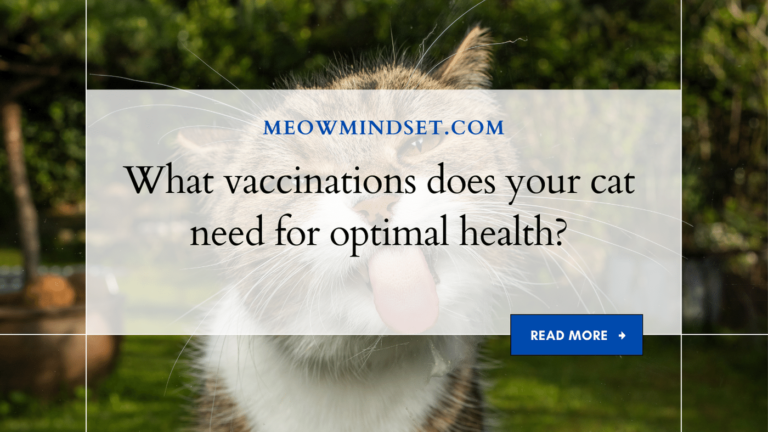



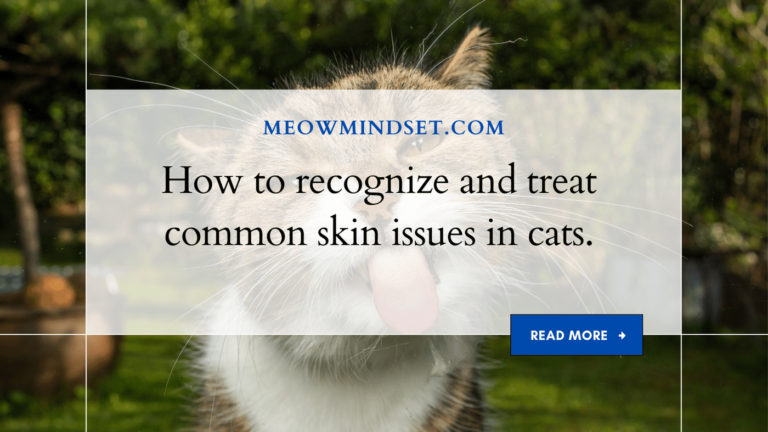
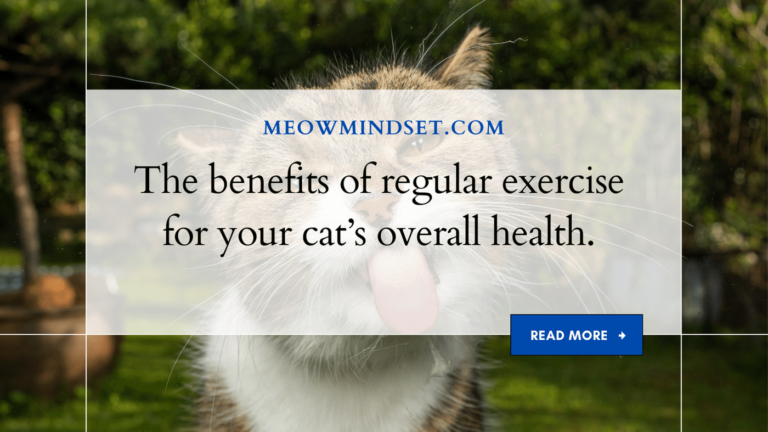
3 Comments